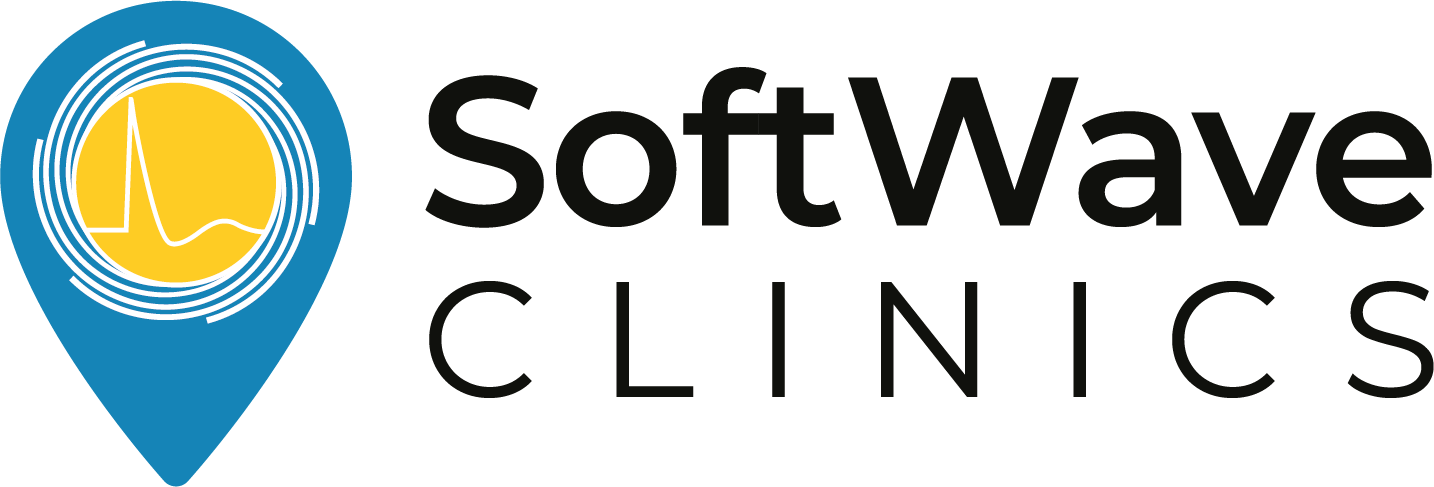Low-Energy Shockwaves May Enhance Tooth Movement and Stability, Study Finds
Title of study: Effect of Shock Waves on Tooth Movement and Miniscrew Stability
Low-energy extracorporeal shockwave therapy (ESWT) is a non-invasive method that is commonly used in orthopedic medicine to increase bone turnover processes. A recent clinical study aimed to evaluate the effect of ESWT on orthodontic tooth movement and miniscrew stability.
The study involved orthodontic patients undergoing space closure therapy at a university clinic. The patients were randomly assigned to either an ESWT group or a control group. The ESWT group received low-energy shockwave therapy on the teeth and surrounding bone, while the control group received no treatment. The researchers evaluated the tooth movement rate and miniscrew stability in both groups.
The results showed that the tooth movement rate was significantly higher in the ESWT group compared to the control group. Additionally, the miniscrew stability was also improved in the ESWT group. The treatment was well-tolerated by the patients, and no adverse effects were reported.
The use of low-energy shockwave therapy in orthodontic dentistry is a promising approach to enhance tooth movement and miniscrew stability. This non-invasive treatment has the potential to reduce treatment time and improve treatment outcomes for orthodontic patients.
